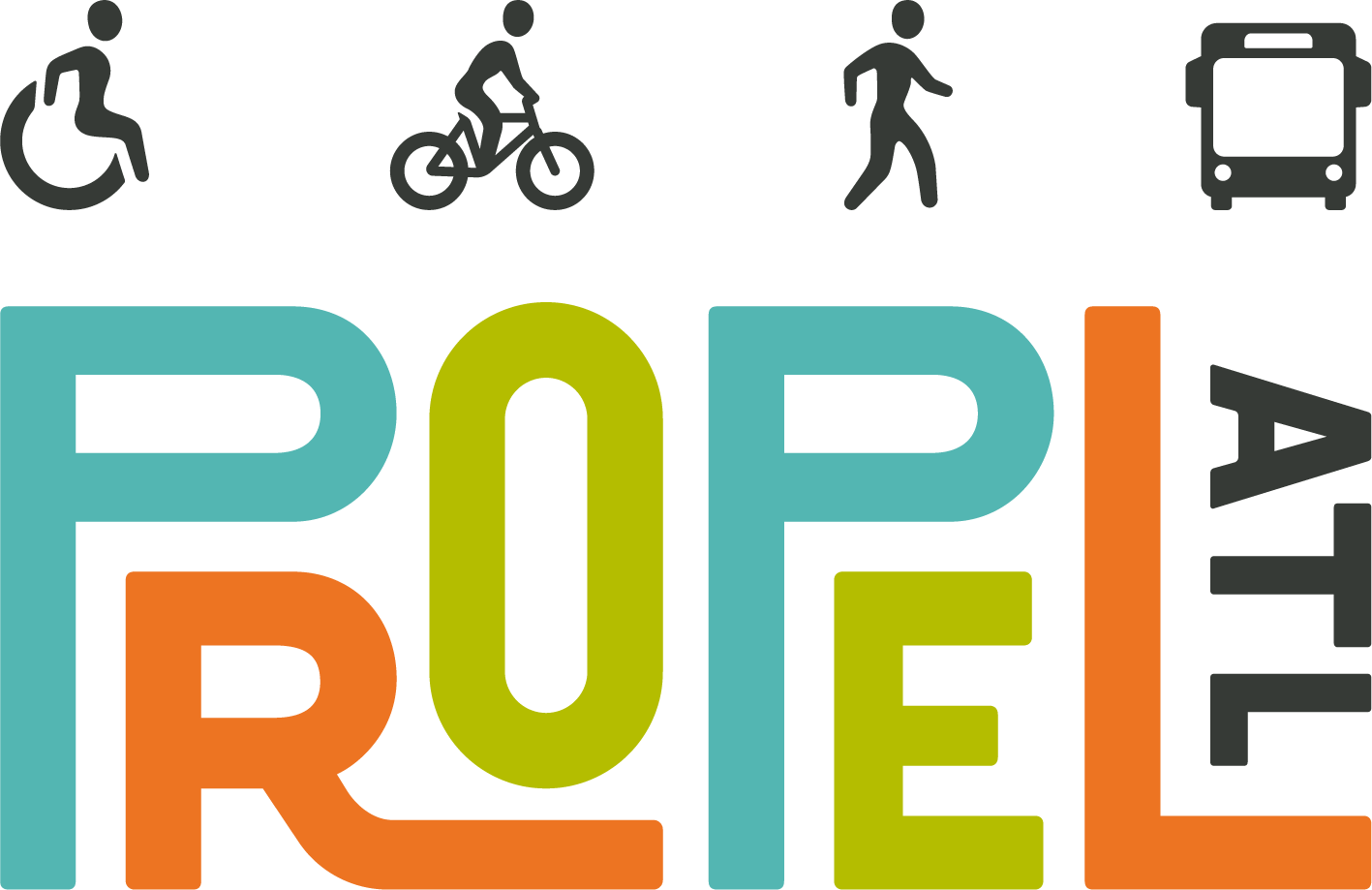We’re gathering feedback on our draft 2026–2029 policy agenda.
The agenda is organized by jurisdiction, agency, or decision-maker to ensure each item is clear and targeted. For each section, you’ll see proposed priorities, a short description, and space to rank and comment. These are actions, funding decisions, and policy changes that Propel ATL is considering advocating for each jurisdiction, agency, or decision-maker to take. Entities include the City of Atlanta, DeKalb County, the Governor of Georgia, the Georgia State Department of Transportation, the Georgia Legislature, and MARTA.

